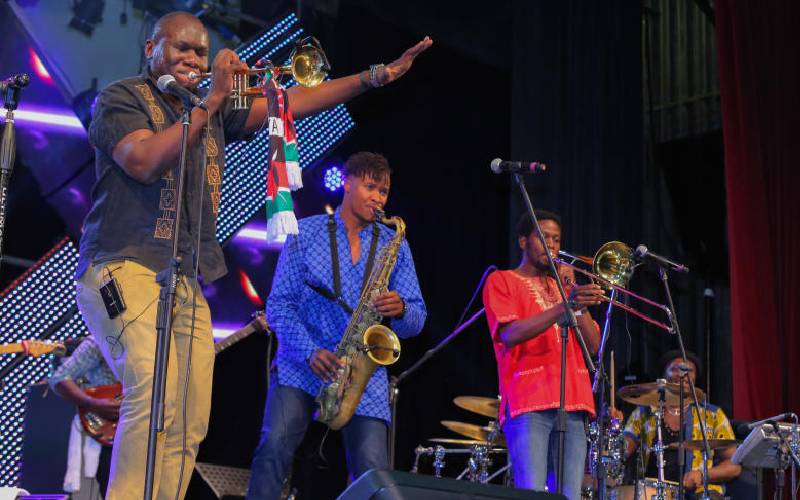×
The Standard e-Paper
Stay Informed, Even Offline

At one time, while working his 8 to 5 job, Nairobi Horns Project founder, MacKinlay Musembi was thinking about his life.
He had just watched Apple founder Steve Jobs say that he lived every day like it was his last.